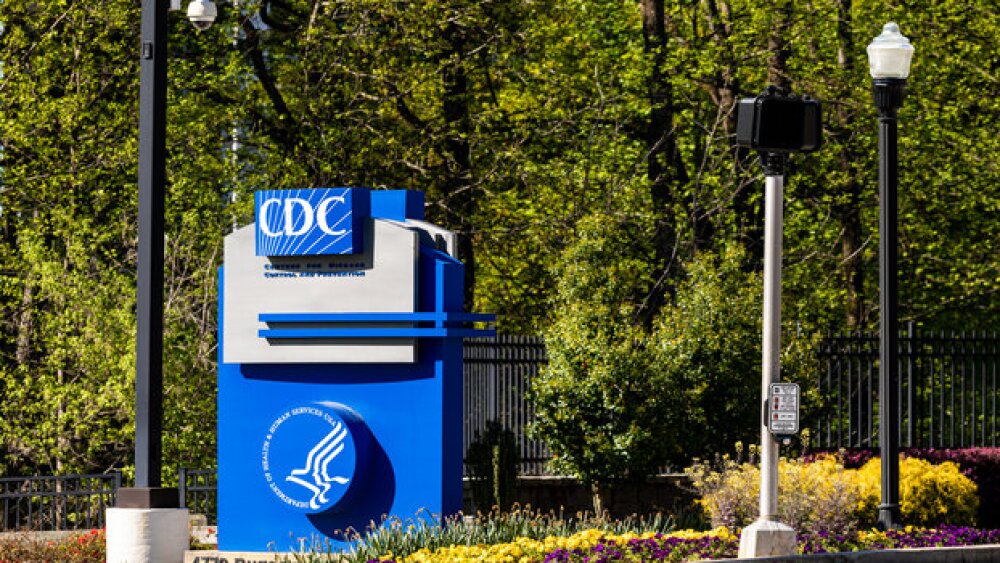The data monitoring committee recommended the trial continue as planned, with an estimated primary completion date in February 2022.
Bristol-Myers Squibb announced that its Phase III CheckMate -548 study of Opdivo (nivoumab) added to current standard of care to treat brain cancer, newly diagnosed glioblastoma multiforme (GBM), didn’t meet one of its primary endpoints, progression-free survival (PFS). The trial will continue to evaluate the other primary endpoint, overall survival (OS).
CheckMate -548 is evaluating Opdivo and temozolomide and radiation compared to temozolomide and radiation alone. The patients have newly diagnosed GBM that is 06-methylguanine-DNA methyltransferase (MGMT)-methylated. GBM is the most common central nervous system tumor and is the most aggressive. Standard treatment can include surgery followed by radiation and chemotherapy. However, treatment options are limited. The five-year survival rate of patients with GBM is less than five percent.
MGMT methylation status is a biomarker used to guide treatment.
The data monitoring committee recommended the trial continue as planned, with an estimated primary completion date in February 2022. Secondary endpoints are PFS as assessed by the investigator, and OS rate up to two years.
“Though CheckMate -548 did not show statistically significant improvement in progression-free survival, we are continuing to evaluate the benefit the addition of Opdivo to the standard of care treatment regimen may bring to patients suffering from GBM, an extremely aggressive and difficult disease to treat,” said Fouad Namouni, head, Oncology Development, for Bristol-Myers Squibb.
Namouni added, “We look forward to seeing the overall survival data when they are available. We are grateful to the patients, caregivers and investigators participating in this trial who make this research possible.”
Opdivo is the company’s PD-1 checkpoint inhibitor, the first to be approved anywhere in the world, in July 2014. It has been approved for a variety of indications in more than 65 countries. In the second quarter of 2019 alone, it brought in $1.823 billion, slightly more than it brought in the first quarter. The drug is projected to have $8.5 billion in sales in 2020.
The news comes just a day after Bristol-Myers Squibb announced it had partnered with biotech accelerator BioMotiv. Bristol-Myers Squibb will act as a limited partner, investing in projects of mutual interest, with an option to buy the companies once there is a preclinical candidate.
The company also announced yesterday that its chairman and chief executive officer, Giovanni Caforio, had taken on the role of chairman of the PhRMA board of directors. PhRMA is the Pharmaceutical Research and Manufacturers of America, the industry’s trade organization. Caforio previously held the position of chairman-elect, and before that, treasurer. He succeeds Olivier Brandicourt, chief executive officer of Sanofi, who retired from the French company on September 1.
“The progress of the biopharmaceutical industry has been made possible by passionate, talented and dedicated people who have one united goal—delivering innovative medicines to patients,” Caforio stated. “Our commitment includes making sure patients have affordable options and can access these medicines when they need them. As PhRMA Board Chair, I will advocate for policy solutions that ensure all patients can fully benefit from today’s historic era in biomedical innovation.”





